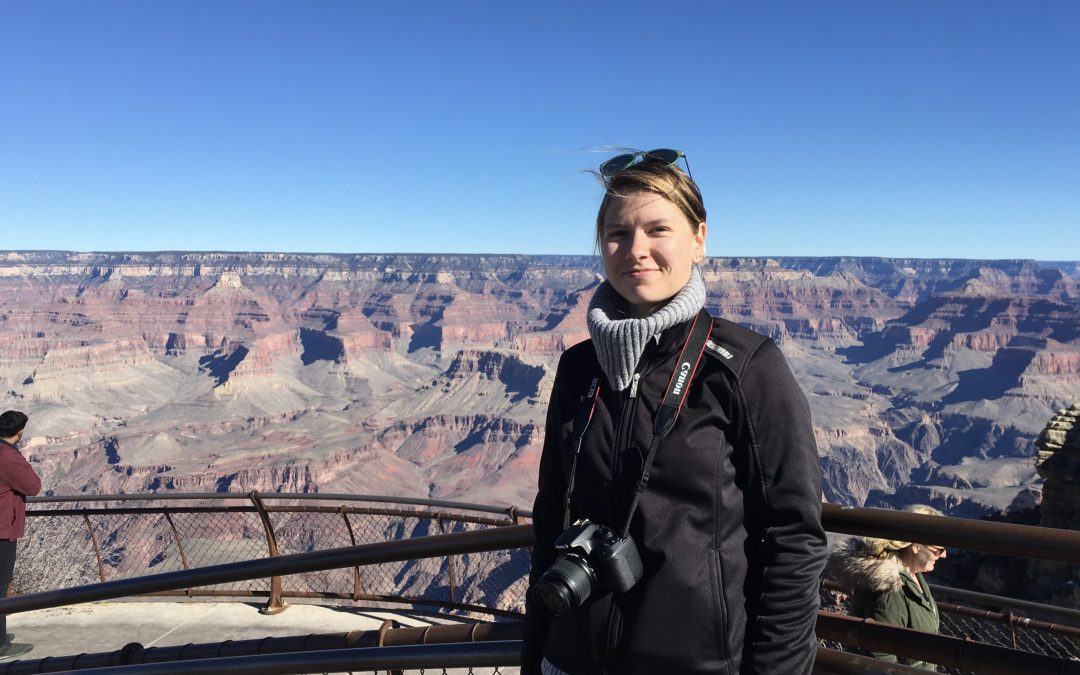In Meet the Team series we introduce our audience to the brilliant people working at MediaFutures. Get to know us better by discovering who we are and what we do.
This week we are interviewing Anastasiia Klimashevskaia, PhD Candidate, associated with Work Package 2 – User Modeling, Personalisation & Engagement.
Can you give an introduction of yourself and your scientific background?
Hi, my name is Anastasiia and this August I’ve started my PhD at the University of Bergen and MediaFutures. I was born in Russia, in a smaller town Orel, the area around which is famous for being the homeland for many Russian writers and poets – Turgenev, Bunin, and many others. I’ve received my Bachelor degree with honours later in Moscow at the Russian State University for the Humanities, where I’ve studied computational linguistics and robotics. Seeking out new knowledge, I’ve applied for a Master program at various places in Europe, eventually landing at Graz University of Technology in Austria. It has proven to be one of the best decisions of my life – I’ve gained invaluable experience in both study and work life. I’ve received the Marshall Plan Scholarship to be able to conduct my master thesis research on automated news generation abroad at California Polytechnic State University. Throughout the studies I’ve also constantly worked as well with various teams at two different universities in Graz – University of Technology and Medical University.
Tell us about your research at MediaFutures and your role in Work Package 2.
Here at MediaFutures I am currently working within Work Package 2 focusing on user modelling, personalization and engagement. Recommender systems are ubiquitous in our everyday life, we resort to the help of algorithms in choosing what to eat today, how to dress up, where to stay for vacation, and so on. At the beginning, recommender systems were developed with only one objective – be as precise as possible. However, in the past decade the questions of fairness, trustworthiness and transparency has become more and more apparent within these systems, and this is what I am currently studying and investigating in my PhD. I am hoping to aid in making recommender systems fairer towards the users, mitigating biases and discrimination within the algorithms that so often determine our lives.
Things about MediaFutures you appreciate the most?
I really enjoy how multi-cultural the team is – it is always enjoyable to me to get to know researchers from different backgrounds and places, it broadens one’s horizon greatly not only in scientific sense, but just in the everyday life as well. Another very important benefit of working at MediaFutures is how closely the centre is collaborating with the industry. It is very important to me to keep my research grounded, having realistic goals and knowing that the result of my work will be useful and could be in the end utilized at real companies that provide their services to the people.

